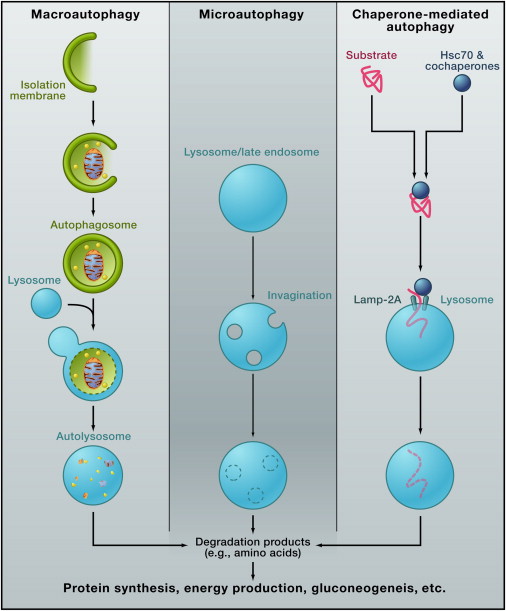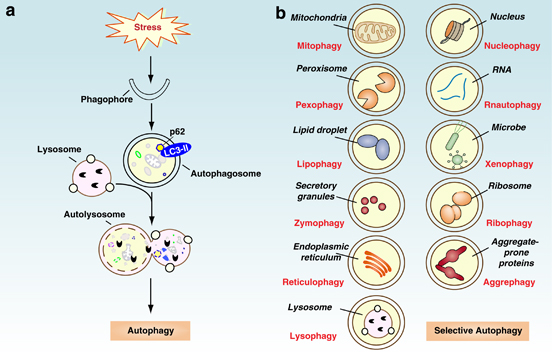Came across this study (published back in 2005) on alternate day fasting by non-obese adults. The general pattern was for subjects to refrain from eating for 24 hours and then eat twice as much “as normal” for the next 24 hours. This went on for 3 weeks.
I found this interesting since those of us who are pretty lean often wonder whether fasting (IF or EF) will do more good than harm - e.g., balancing the potential for enhancing autophagy against the risk of lowering one’s resting metabolic rate below current levels.
While the authors suggest that alternative day fasting may be good for extending life (a question in NO way addressed within the study itself), the alternate day feasting/fasting cycle did measurably reduce resting metabolic rate (RMR) - from a baseline of 6675 kJ/d to about 6300 kJ/d (men and women had slightly different, although similar reductions).
Importantly, the authors also note that the “hunger” and “irritation” that participants almost universally experienced on their fasting days did not abate after 3 weeks of compliance with the study protocol. As such, they concluded this was not likely an eating pattern that would work well for non-obese folks over time.
One significant shortcoming of this study is that it did not specify what the subjects actually ate on their feast days. They were instructed to eat “whatever the wished” and no further info was provided. It’s reasonable to assume that, since the study was done at Louisiana State University, most if not all subjects were eating a Standard American Diet.
Whether they’d have gotten different results on a LCHF keto diet remains a key question. My guess is that the reported hunger and irritability would have been sharply reduced if the subjects were on keto. But whether the reduction in RMR over time would have still occurred remains a gnawing question.
Here’s a pdf of the study with some relevant highlighted passages:
AlternateDayFasting.pdf (251.2 KB)
Your thoughts?






